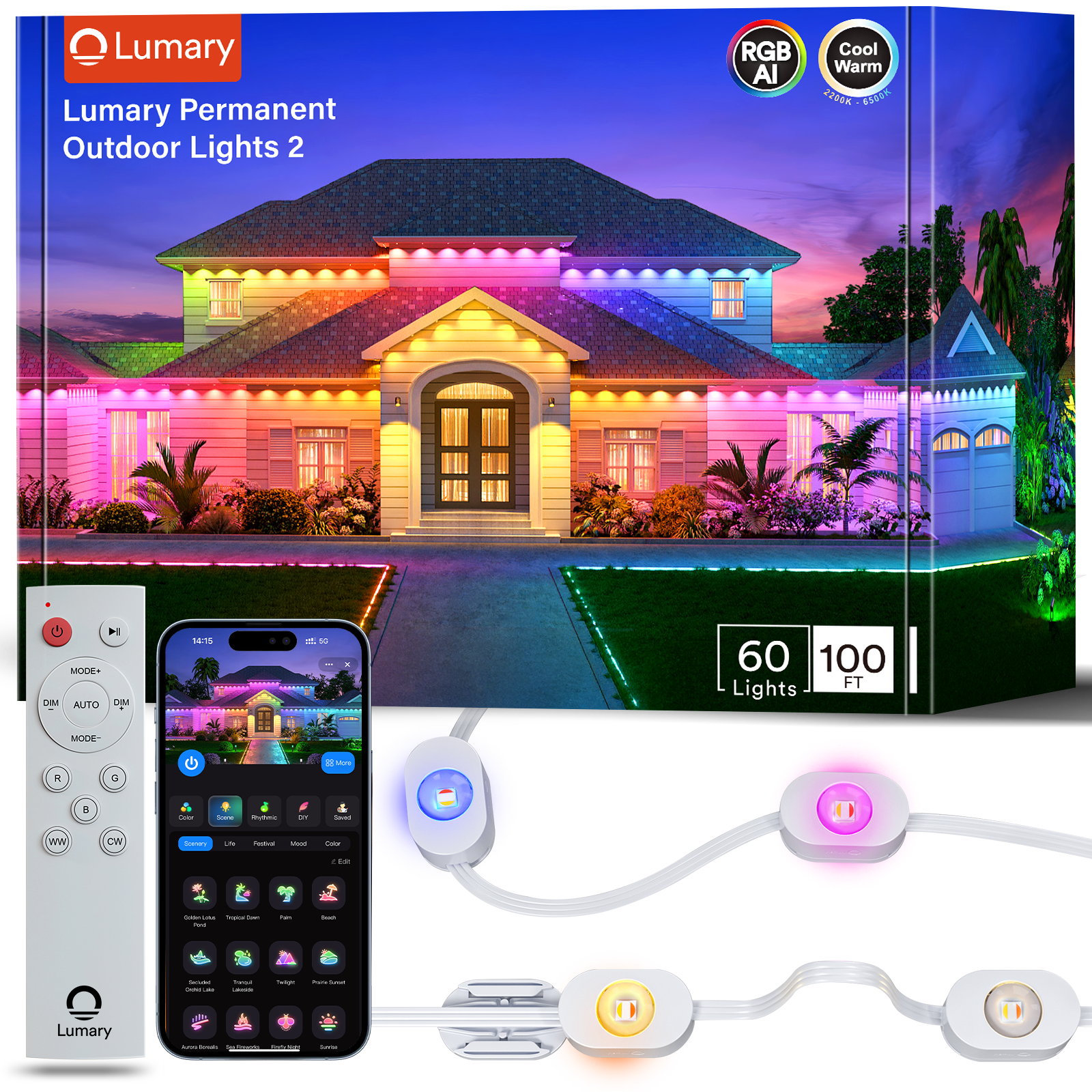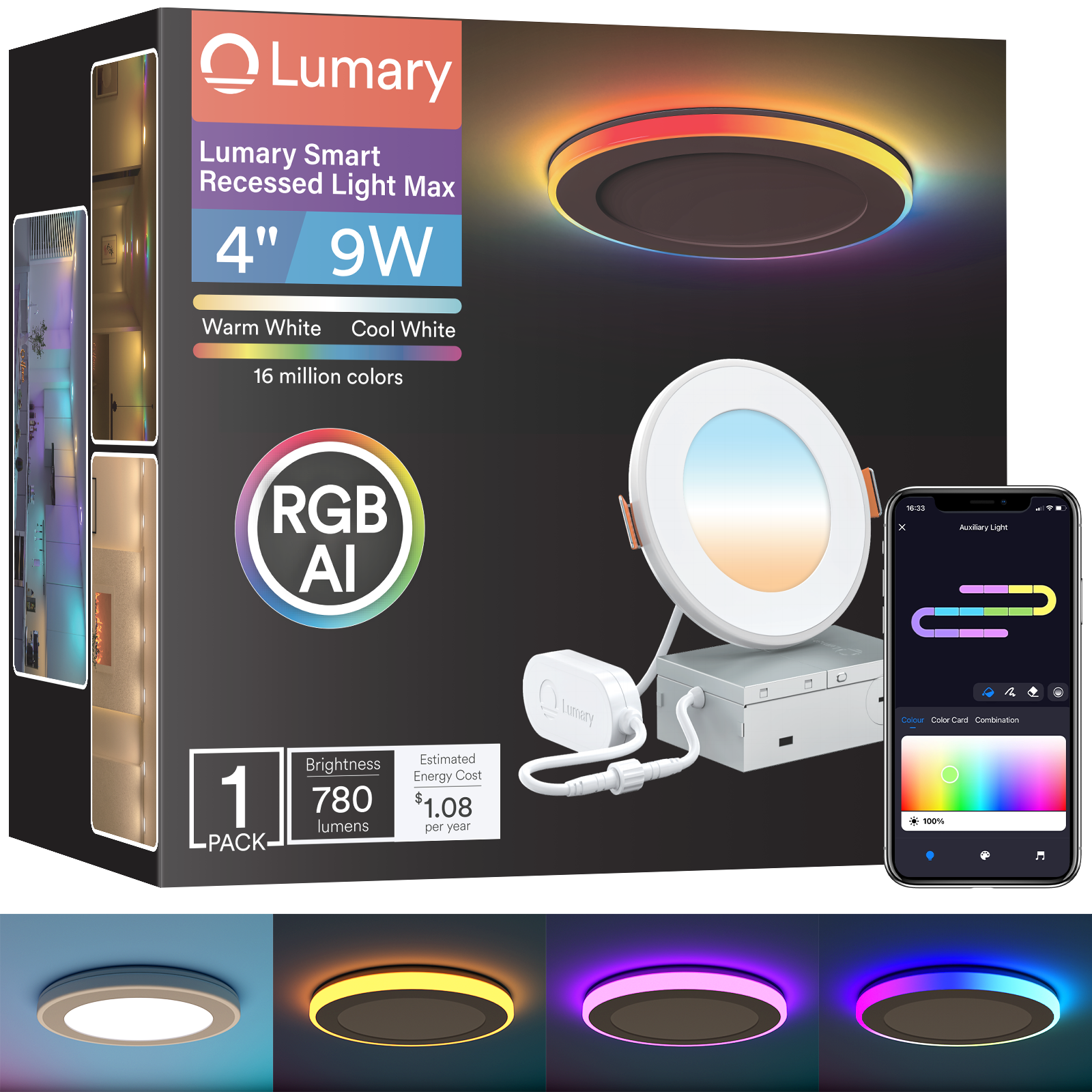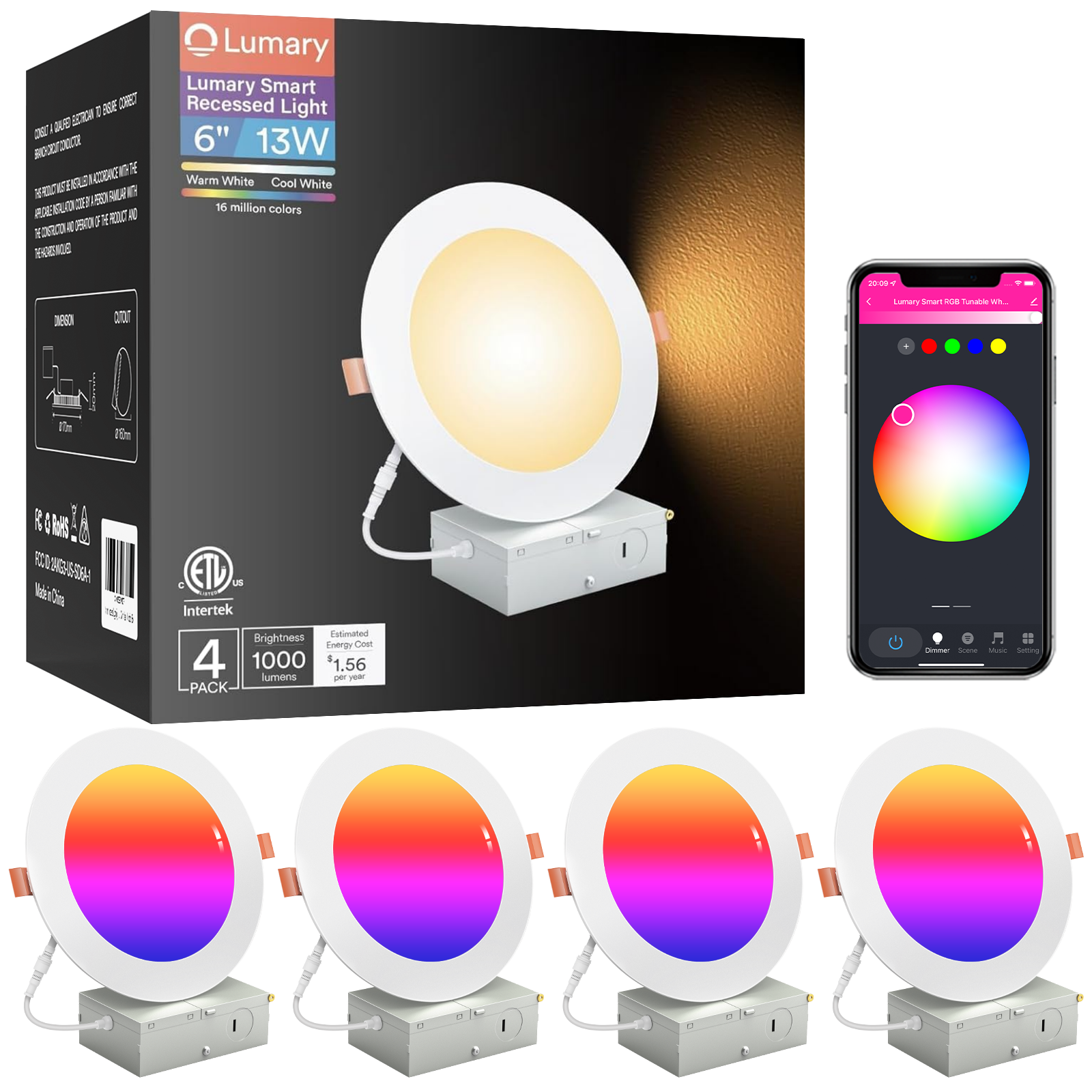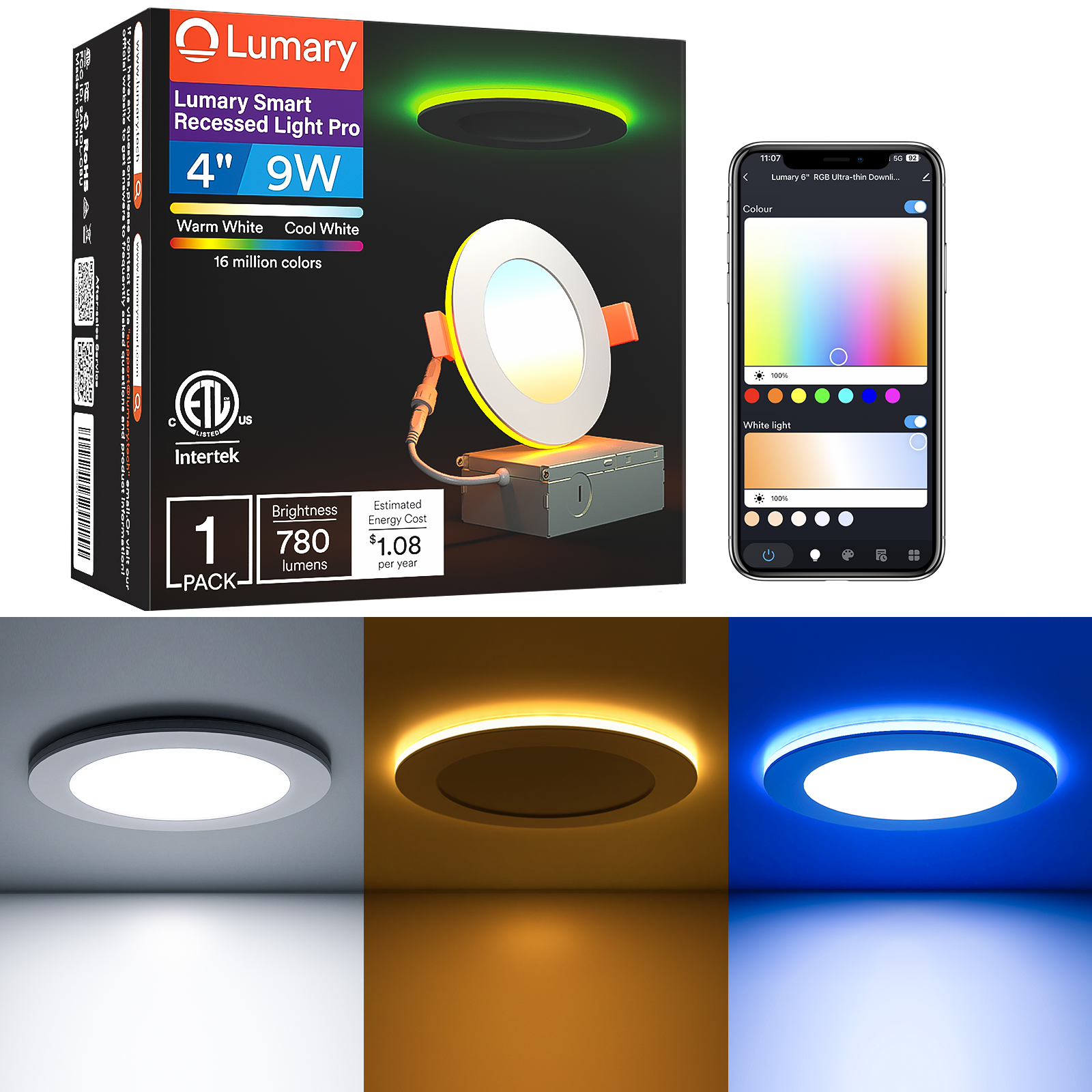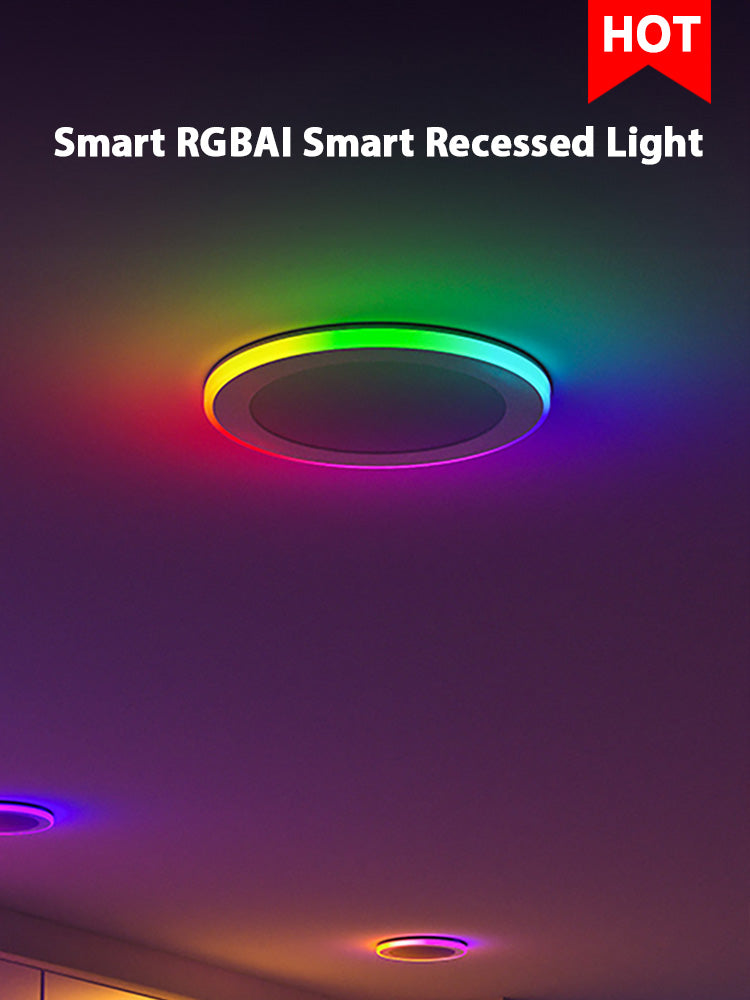Garden lighting plays a crucial role in enhancing the beauty and safety of outdoor spaces. Outdoor lighting spotlights provide a focused illumination that highlights garden features and creates an inviting atmosphere. LED technology revolutionizes outdoor lighting by offering energy-efficient solutions. LED lights consume up to 80% less energy than traditional lighting, making them cost-effective. Over 20 years, switching to LEDs can save approximately $4,000. This blog aims to educate you on the benefits and applications of outdoor LED spotlights for gardens, helping you make informed lighting choices.
Benefits of Outdoor LED Spotlights

Outdoor lighting spotlights offer numerous advantages for garden illumination. These benefits make them an excellent choice for enhancing outdoor spaces.
Energy Efficiency
LED technology provides significant energy savings. Outdoor lighting spotlights with LEDs consume less electricity than traditional lights. This efficiency reduces energy bills and conserves resources.
Cost Savings
Switching to LED outdoor lighting spotlights can save a substantial amount of money. A study from Carbon Switch indicates that using LEDs can save around $4,000 over 20 years. This saving occurs due to the reduced energy consumption of LED lights.
Environmental Impact
LED outdoor lighting spotlights have a smaller carbon footprint. These lights use less energy and produce fewer emissions. The environmental benefits include reduced greenhouse gas emissions and less strain on natural resources. LED lights also last longer, reducing waste from frequent replacements.
Longevity and Durability
Outdoor lighting spotlights with LED technology boast impressive longevity. These lights withstand harsh weather conditions and maintain performance over time.
Lifespan of LED Lights
LED outdoor lighting spotlights have a long lifespan. These lights often last up to 25,000 hours or more. This durability means fewer replacements and lower maintenance costs.
Resistance to Weather Conditions
Outdoor lighting spotlights designed for gardens endure various weather conditions. High-quality materials protect these lights from rain, snow, and extreme temperatures. This resistance ensures reliable performance throughout the year.
Versatility in Design
Outdoor lighting spotlights offer diverse design options. These lights enhance garden aesthetics with their flexibility and style.
Various Styles and Designs
Manufacturers provide outdoor lighting spotlights in many styles. Options range from modern to traditional designs. This variety allows homeowners to match their garden's theme and personal taste.
Customization Options
Outdoor lighting spotlights offer customization possibilities. Users can adjust color, brightness, and beam angles. This flexibility enables tailored lighting effects for different occasions. Homeowners can create unique atmospheres with ease.
Types of Outdoor LED Spotlights

Fixed LED Spotlights
Features and Uses
Fixed LED spotlights provide a steady beam of light. These lights focus on specific garden features like statues or trees. The design ensures consistent illumination without adjustments.
Ideal Placement in the Garden
Place fixed LED spotlights near focal points. Position them to highlight paths or entrances. This placement enhances safety and aesthetics.
Adjustable LED Spotlights
Features and Uses
Adjustable LED spotlights offer flexibility. Users can change the direction of the light beam. This feature allows for dynamic lighting effects.
Flexibility in Lighting Angles
Adjustable spotlights suit various garden layouts. You can direct light to different areas as needed. This adaptability makes them ideal for changing seasons or events.
Solar-Powered LED Spotlights
Features and Uses
Solar-powered LED spotlights harness sunlight. These lights operate without electricity. Installation is simple, with no wiring required.
Benefits of Solar Energy
Solar-powered lights reduce energy costs. These lights are environmentally friendly. The use of solar energy decreases reliance on traditional power sources.
Installation of Outdoor LED Spotlights
Planning the Layout
Assessing Garden Areas
Evaluate the garden to identify key features. Look for areas that need illumination, such as pathways, patios, or water features. Consider the size and shape of the garden to determine the best lighting arrangement.
Determining Lighting Needs
Decide on the purpose of the lighting. Determine if the goal is to enhance aesthetics, improve safety, or both. Choose the type and number of spotlights based on the desired effect and coverage area.
Installation Process
Tools and Materials Required
Gather necessary tools and materials before starting the installation. Common tools include a shovel, screwdriver, and wire cutters. Materials may include LED spotlights, cables, connectors, and a power source.
Step-by-Step Guide
-
Mark the Locations: Use markers to indicate where each spotlight will go. Ensure even spacing for balanced illumination.
-
Dig Holes: Create holes for the spotlights using a shovel. Make sure the depth is suitable for the fixture size.
-
Run Cables: Lay the cables from the power source to each spotlight location. Keep cables hidden by burying them underground.
-
Connect Spotlights: Attach the spotlights to the cables using connectors. Follow the manufacturer's instructions for proper connections.
-
Secure Fixtures: Place the spotlights into the holes and secure them firmly. Adjust the angle to achieve the desired lighting effect.
-
Test the System: Turn on the power to test the lights. Check each spotlight for proper function and alignment.
Safety Considerations
Electrical Safety Tips
Prioritize safety when working with electricity. Turn off the power supply before handling electrical components. Use insulated tools to prevent electric shock.
Ensuring Proper Installation
Ensure all connections are secure to avoid malfunctions. Follow the manufacturer's guidelines for installation procedures. Regularly inspect the system to maintain optimal performance and safety.
Maintenance and Care for LED Spotlights
Regular Cleaning
Cleaning Techniques
Regular cleaning keeps LED spotlights functioning well. Use a soft cloth or sponge to wipe the surface. Avoid abrasive materials that can scratch the lens. Mild soap and water work best for removing dirt. Rinse thoroughly to prevent residue buildup.
Frequency of Maintenance
Schedule maintenance based on environmental conditions. Clean spotlights monthly in dusty or polluted areas. In cleaner environments, quarterly cleaning suffices. Regular checks ensure optimal performance and longevity.
Troubleshooting Common Issues
Identifying Problems
Spotlight issues often arise from simple causes. Check connections if lights flicker or fail to turn on. Inspect bulbs for damage or burnout. Look for signs of moisture intrusion or corrosion.
Solutions and Repairs
Resolve common problems with basic steps. Tighten loose connections to restore power. Replace damaged bulbs promptly. Seal gaps to prevent water entry. Consult a professional for persistent issues or complex repairs.
Upgrading and Replacing Lights
Signs It's Time to Upgrade
Recognize when upgrades become necessary. Dimming or inconsistent lighting indicates aging components. Frequent repairs suggest outdated technology. Newer models offer improved efficiency and features.
Choosing New LED Spotlights
Select replacements that suit your needs. Consider energy efficiency and brightness levels. Evaluate design options that match your garden's style. Look for smart features like app control or voice activation. Quality materials ensure durability and weather resistance.
Outdoor LED spotlights offer numerous benefits for garden lighting. LED lights provide energy efficiency and reduce carbon footprints. Consider using LED spotlights to enhance garden aesthetics. These lights create beautiful and inviting outdoor spaces. Make informed choices when selecting garden lighting. Choose options that align with your needs and preferences. LED spotlights offer versatility and durability for various garden settings. Embrace the advantages of LED technology for a sustainable and visually appealing garden environment.



